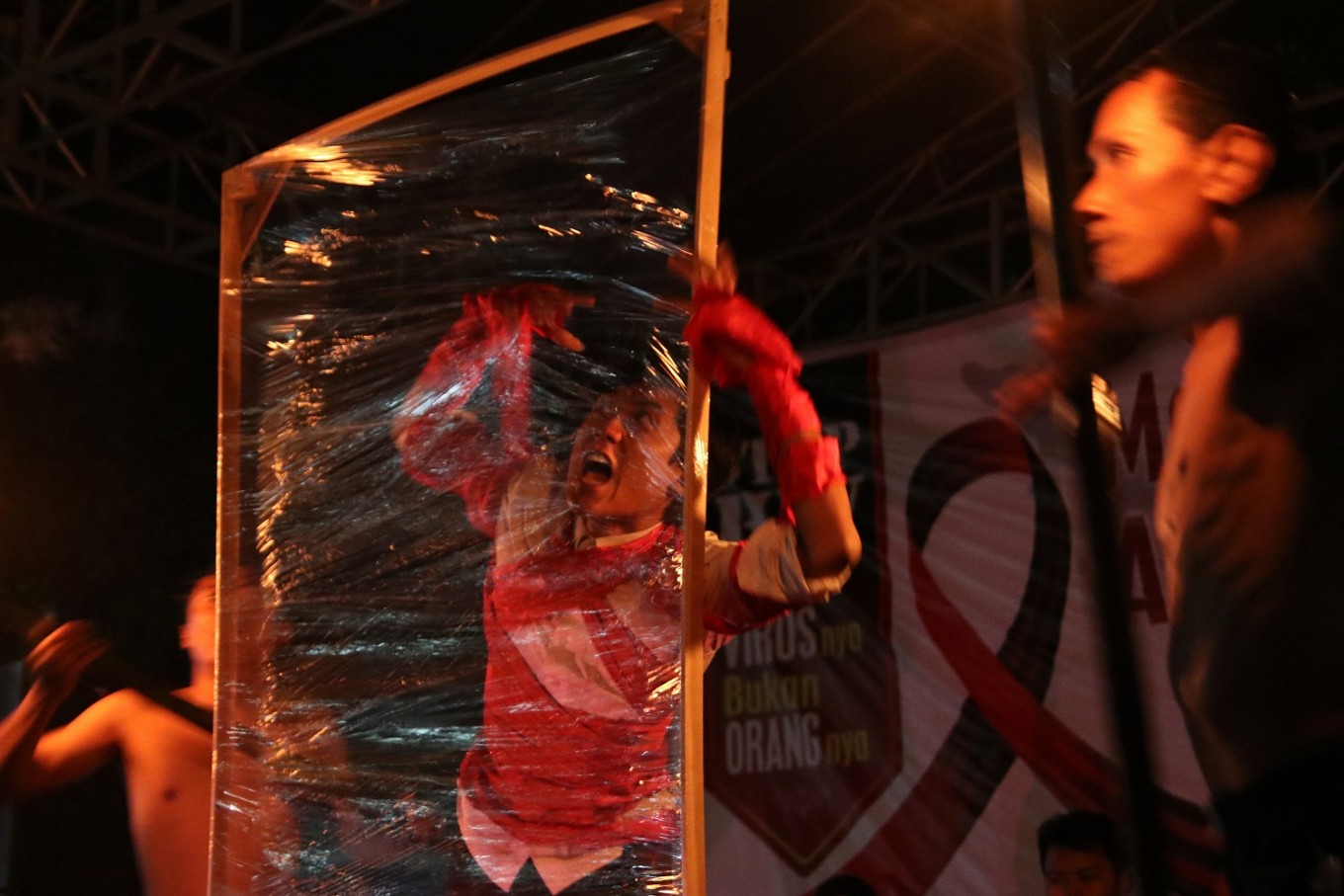Popular Reads
Top Results
Can't find what you're looking for?
View all search resultsPopular Reads
Top Results
Can't find what you're looking for?
View all search resultsZero Survey finds two Kupang residents infected with HIV
Change text size
Gift Premium Articles
to Anyone
T
he Health Agency in Kupang, East Nusa Tenggara, revealed two residents had tested positive for HIV, according to results from a Zero Survey involving 194 civilian state apparatuses and 56 common residents, in the beginning of May.
“Following our laboratory test on blood samples of 250 Zero Survey participants, we found two residents have been infected with HIV,” Kupang Health Agency disease control and observation director Sri Wahyuningsih told The Jakarta Post on Monday.
She said the two HIV-positive residents were from high-risk groups. They are being treated at the agency’s Voluntary Consulting Testing (VCT) clinic.
Sri said this year’s Zero Survey saw a decline in the number of residents who tested positive for HIV. In last year’s survey, twelve people were found to have contracted the chronic illness.
According to the survey, between 2000 and August 2016, HIV/AIDS cases among civilian state apparatuses stood at 11 percent, or equal with the infection rate among commercial sex workers.
National AIDS Commission (KPA) Kupang secretary Agustinus Bebok said from 2000 to August 2016, the number of HIV patients in the city reached 858, 17 percent of whom were private workers.
“We need to take anticipatory measures to prevent the spread of HIV [...],” said Bebok. (ecn/ebf)










